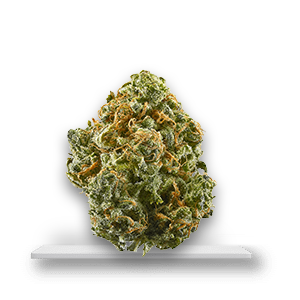Will using cannabidiol cause you to fail a doping test?
Cannabidiol has taken the wellness world by storm, thanks to its diverse range of therapeutic benefits. Of late, CBD has also drawn the sporting world’s attention as professional athletes and sportspeople look for natural, legal, and safe remedies to improve athletic performance.
Amidst this, a question emerges whether CBD falls under the category of doping substances? Would you be barred from competition for taking CBD? Does it fall in the same category as steroids and other performance-enhancing drugs?
The short answer is no.
Pure CBD is not prohibited in competition. However, it is a bit more tricky than that. Read to find out.
What the doping rules say about CBD
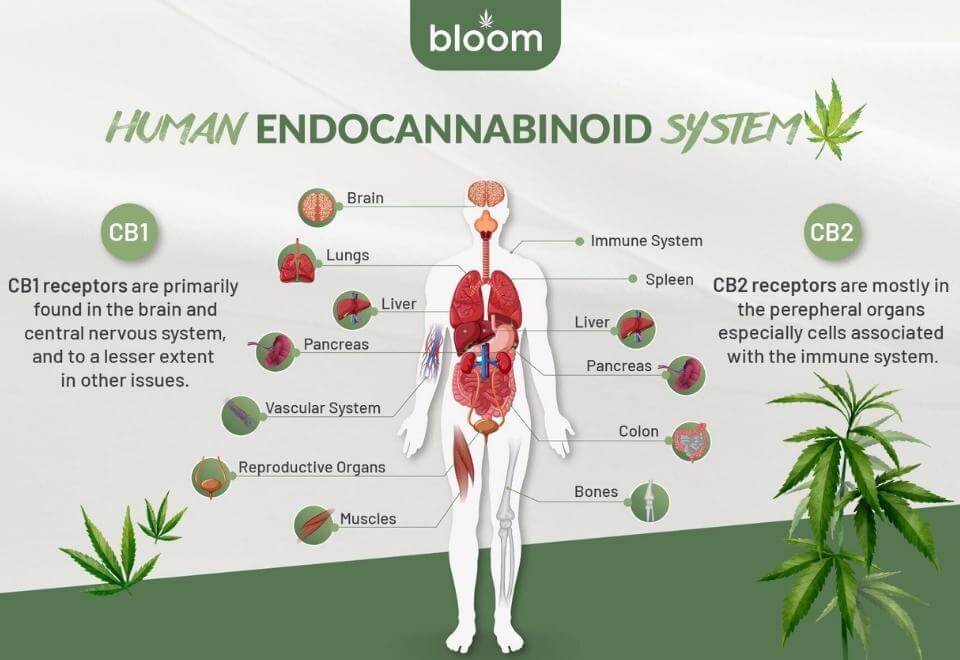
Cannabidiol is a compound – one of the 100+ cannabinoids – found in cannabis plants. Alongside THC (tetrahydrocannabinol), CBD is found in large concentrations, but it does not get you high. CBD is non-psychoactive, safe to use, and does not have the triggers to create addiction.
Combined with its pain-relieving properties and ability to support physical recovery, authorities globally have been warm to decriminalising the use of CBD.
The World Anti-Doping Agency (WADA) – the leading authority responsible for implementing the doping codes in sporting events – has also permitted the use of cannabidiol in competition.
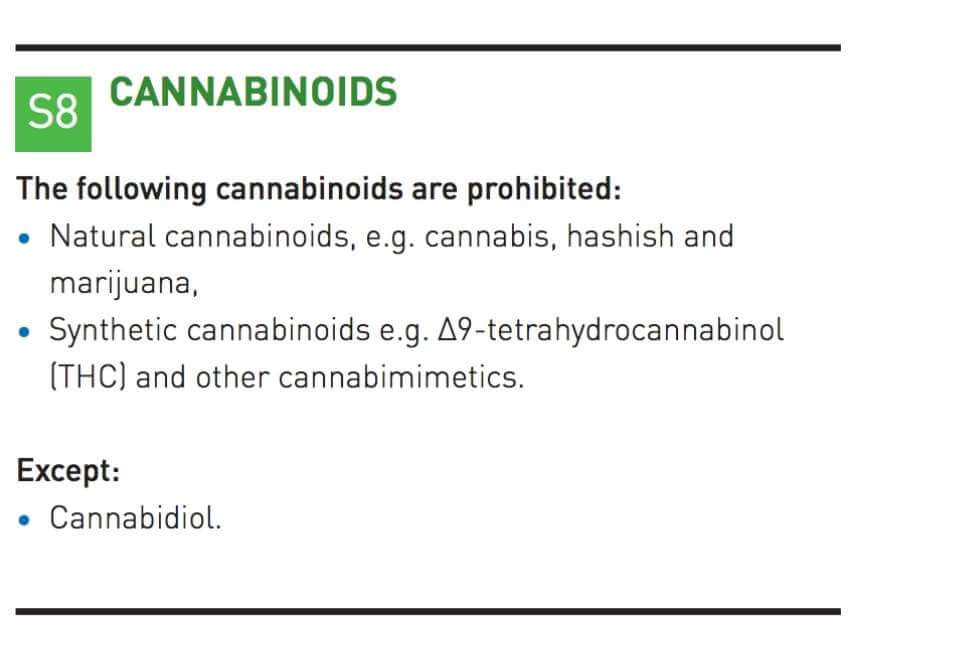
In its 2022 International Standard Prohibited List of Substances, cannabidiol is mentioned as an exemption. The rules, however, clearly state that all other cannabinoids – including THC – are prohibited at all times.
The rules state:
“All natural and synthetic cannabinoids are prohibited, e.g.
- In cannabis (hashish, marijuana) and cannabis products
- Natural and synthetic tetrahydrocannabinol (THCs)
- Synthetic cannabinoids that mimic the effects of THC”
The United Kingdom Anti-Doping (UKAD) and United States Anti-Doping Agency (USADA) have put up circulars stating that purified cannabidiol is not banned. Even in the 2020 Tokyo Olympics, CBD was allowed for use by competing athletes.
Legally speaking, CBD is permitted for consumption and sale in Thailand. You will not get in trouble with the authorities. The same goes if your employer would perform a drug test.
However, there is a caveat – it needs to be pure CBD. Any other cannabinoid is detected and you are likely to fail the doping test and be barred from the event.
THC has a threshold level of 150 nanograms per millilitre, so as long as you’re below this number, you are fine. However, other cannabinoids on WADA’s prohibited list do not have any threshold mentioned, meaning that even the smallest amount of other cannabinoids in the system can lead to the anti-doping violation by the athlete.
Pure CBD is hard to extract
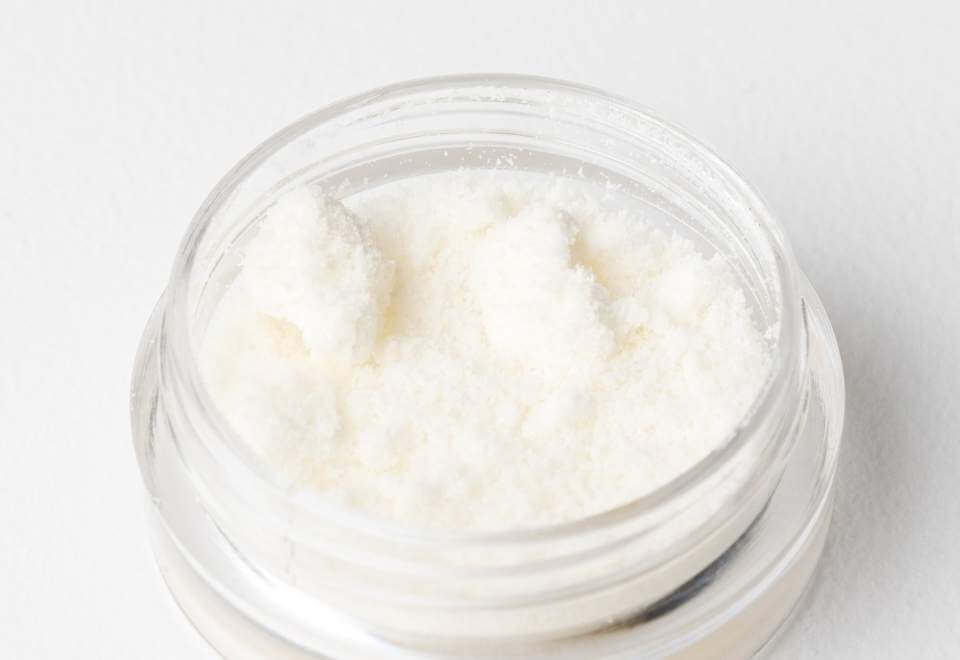
Even though the cannabis industry is growing rapidly in Thailand and globally, it is still largely unregulated with no oversight on manufacturing practices. As a result, you cannot be 100% certain what CBD product you are buying.
In other words, there is a real possibility that while you may have purchased isolate-spectrum CBD extract, it may still have THC, CBG, CBN, and other cannabinoids. In some cases, you may even find more THC – even though the product explicitly states that it is THC free. This can occur due to various factors depending on:
- Parts of the plants used
- Variety/strain of the plant
- Refinement process and preparation
- Cross-contamination between species with a high THC concentration
The only way to go about using CBD in sports is to make sure you are buying a ‘pure’ extract that is free of all other cannabinoids. You must do your due diligence in opting for a reputed manufacturer with third-party certifications to ensure transparency in your purchase. Even then, you are only minimising the risk but not completely eliminating it.
Parting thoughts
CBD is legal and permitted in sporting events – the WADA has established this much. However, the problem remains that it needs to be pure CBD – free of all other cannabinoids like THC, CBG, CBN, etc.
At Bloom, we have done the legwork for you and presented you with a selection of CBD brands you can use as an athlete. You will find some of the purest cannabidiol extracts here, up to 98% isolate with trace elements of other non-cannabis compounds. Rest assured, you can use these CBD products as a sportsperson without worrying about doping rule violations.

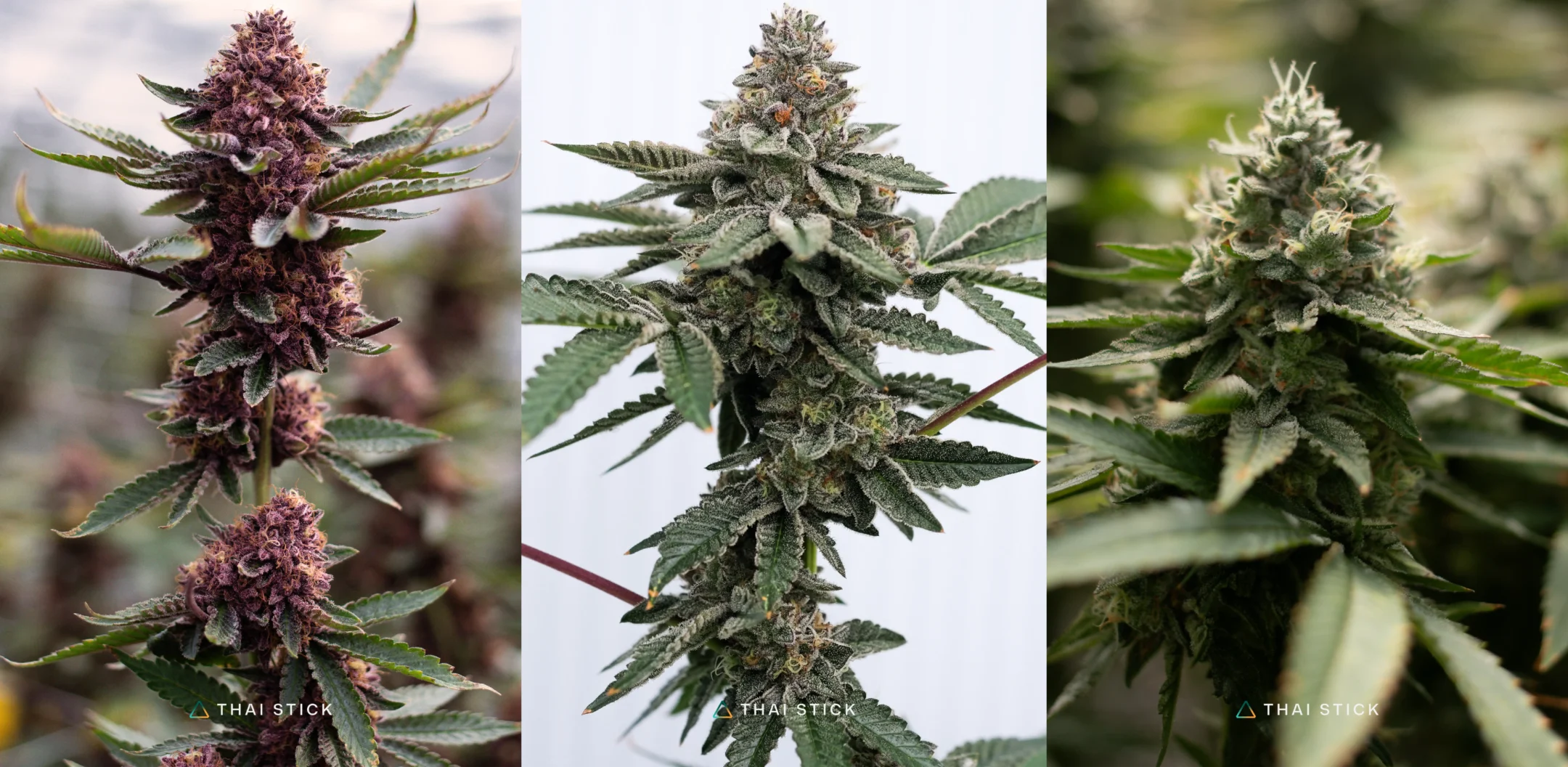
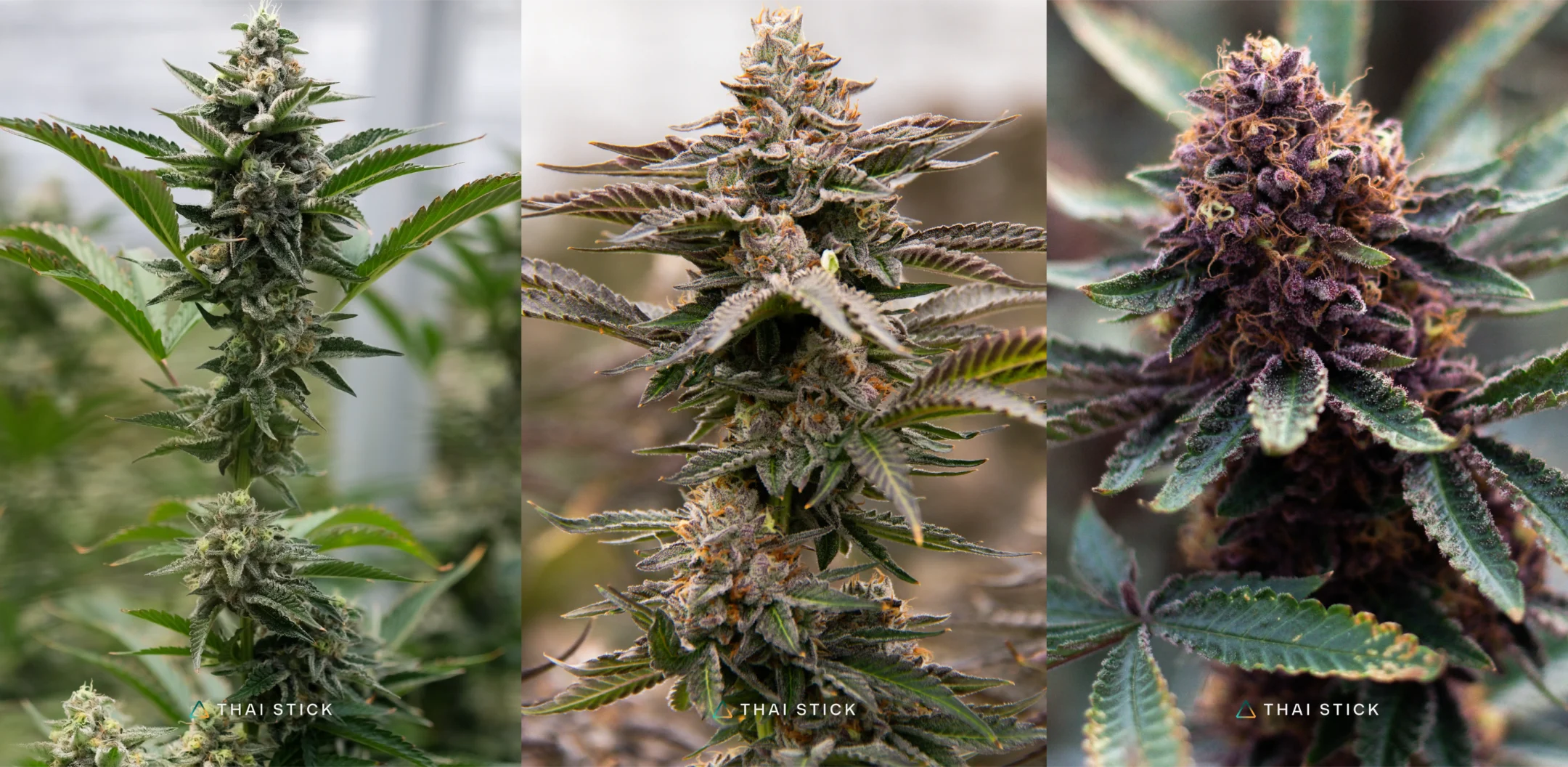
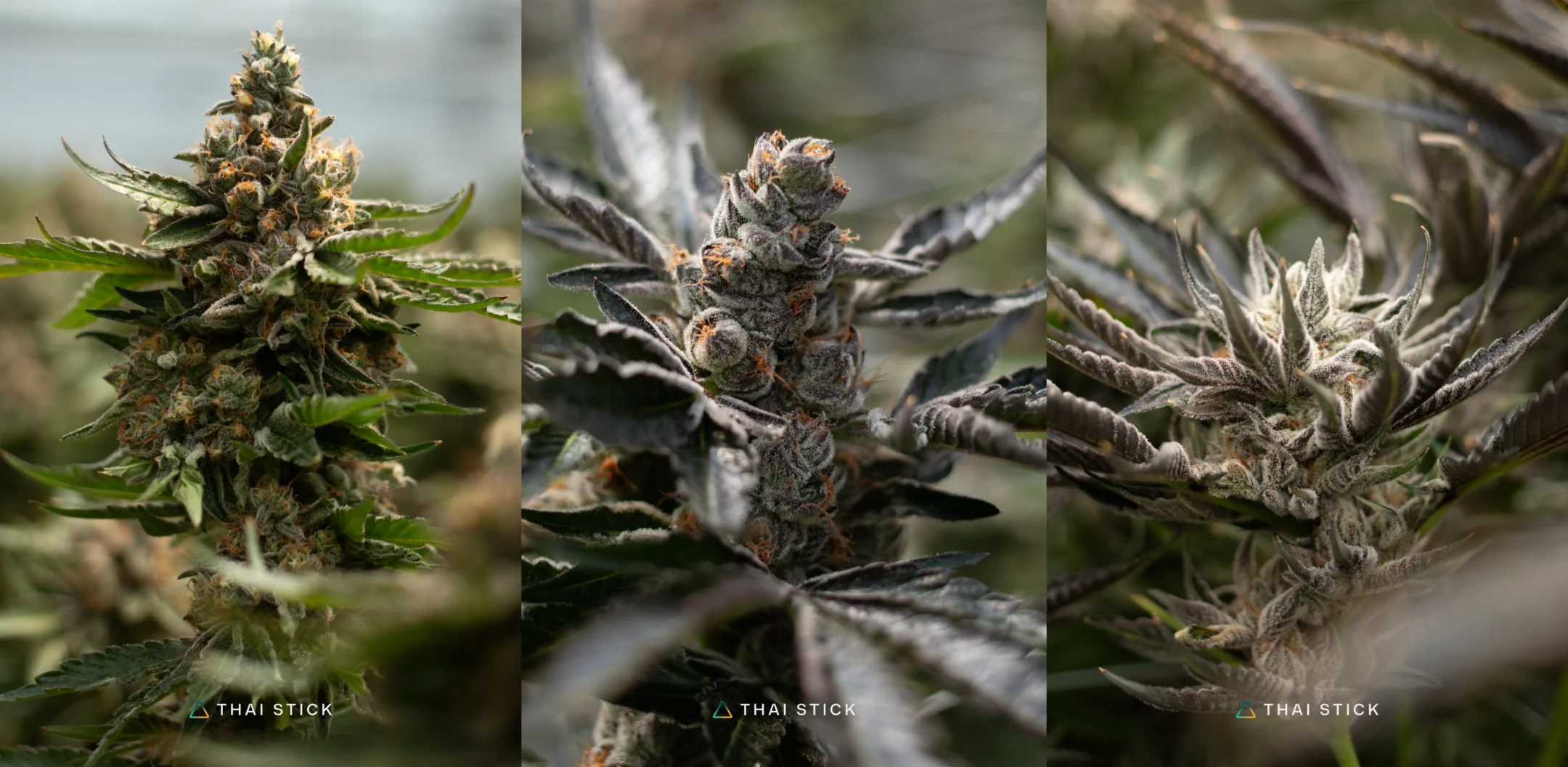
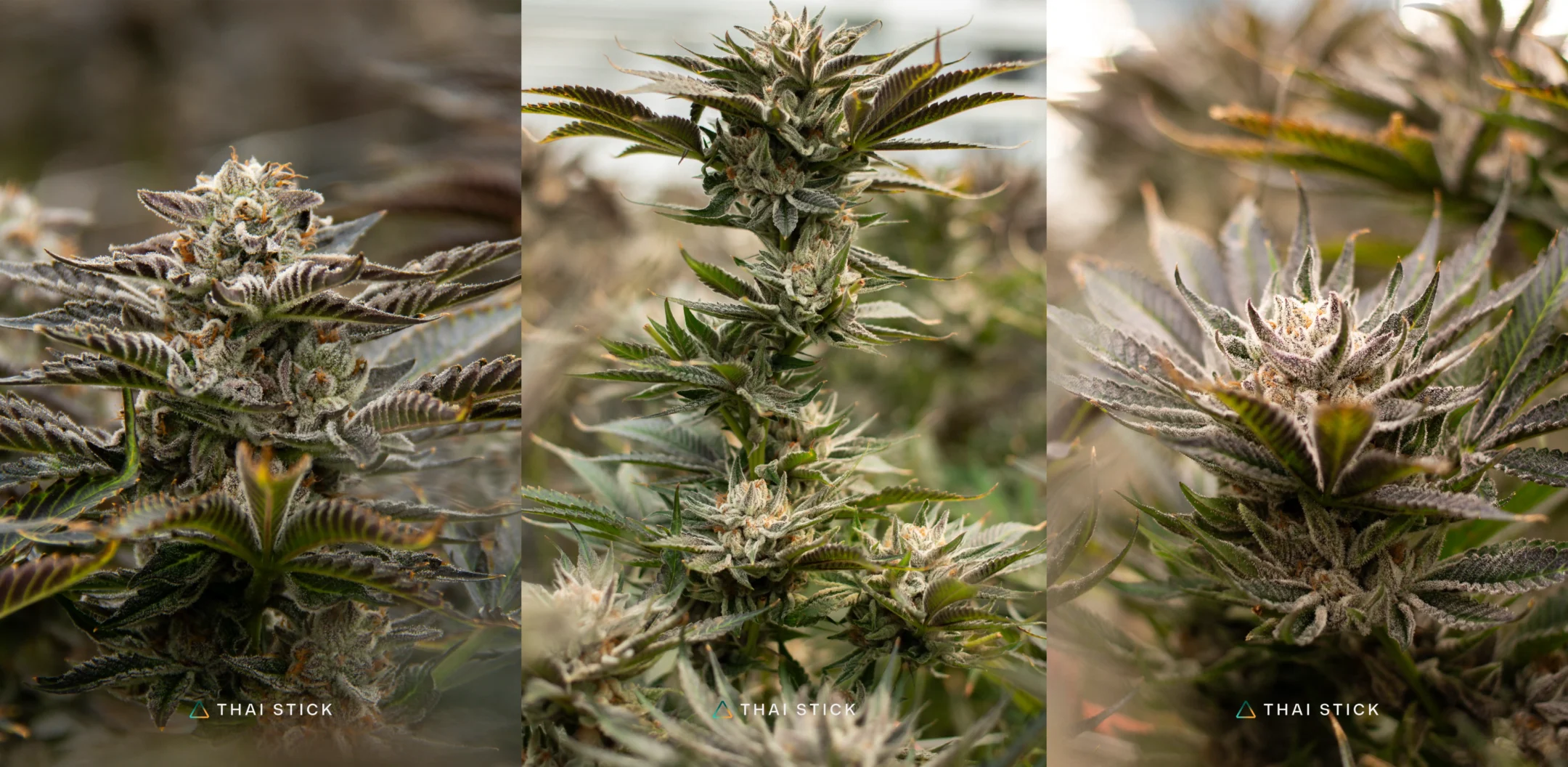
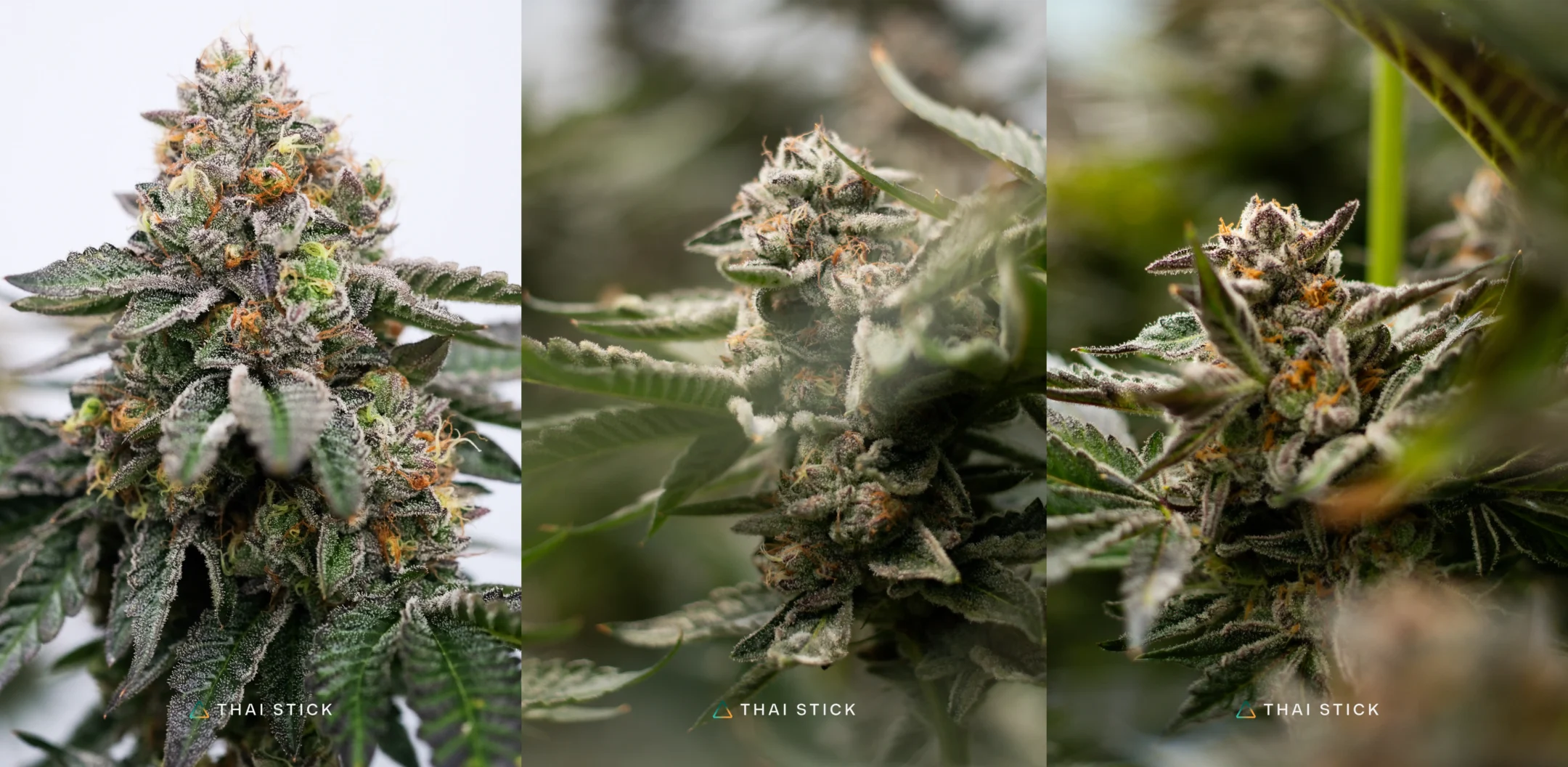
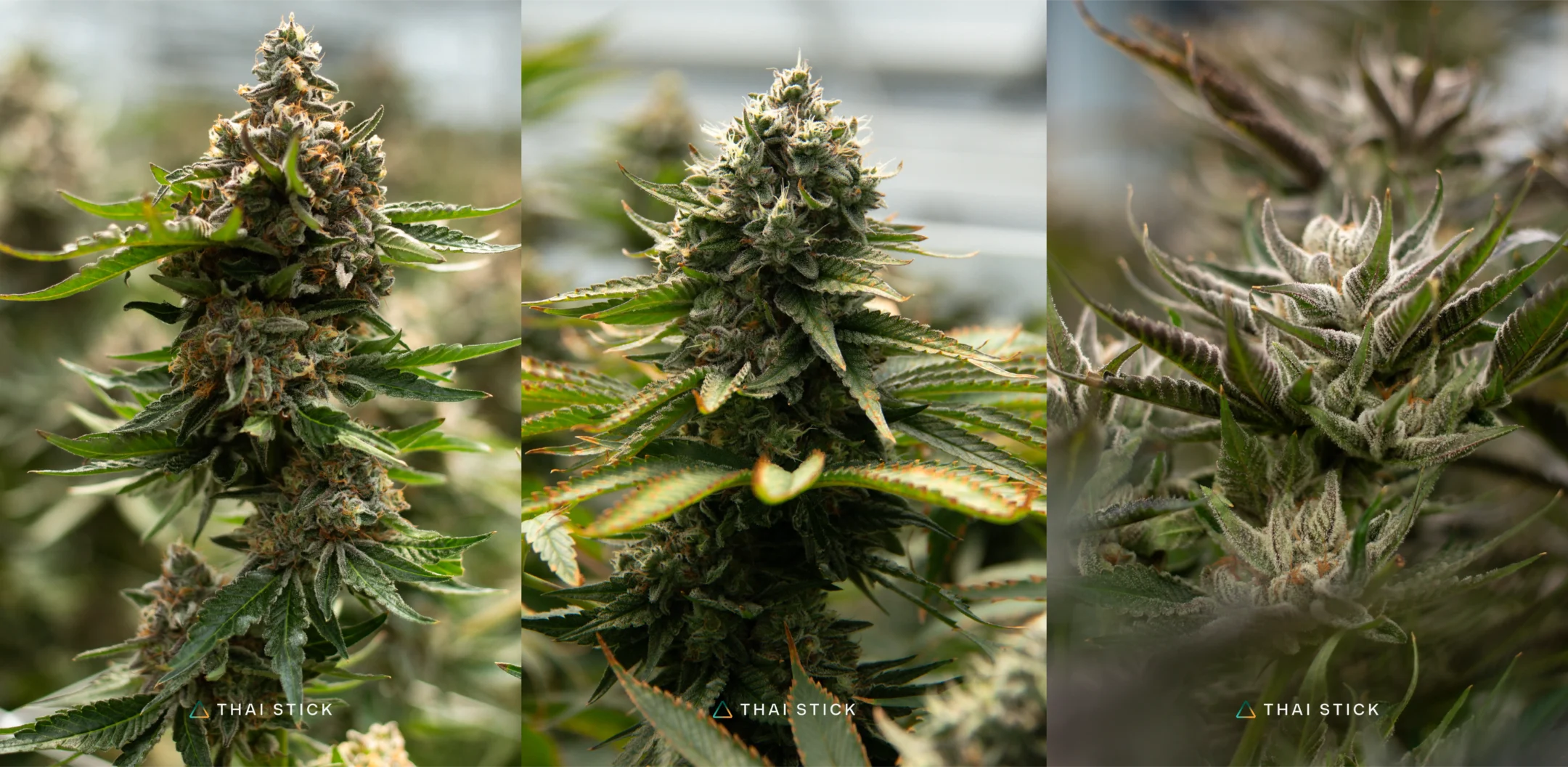
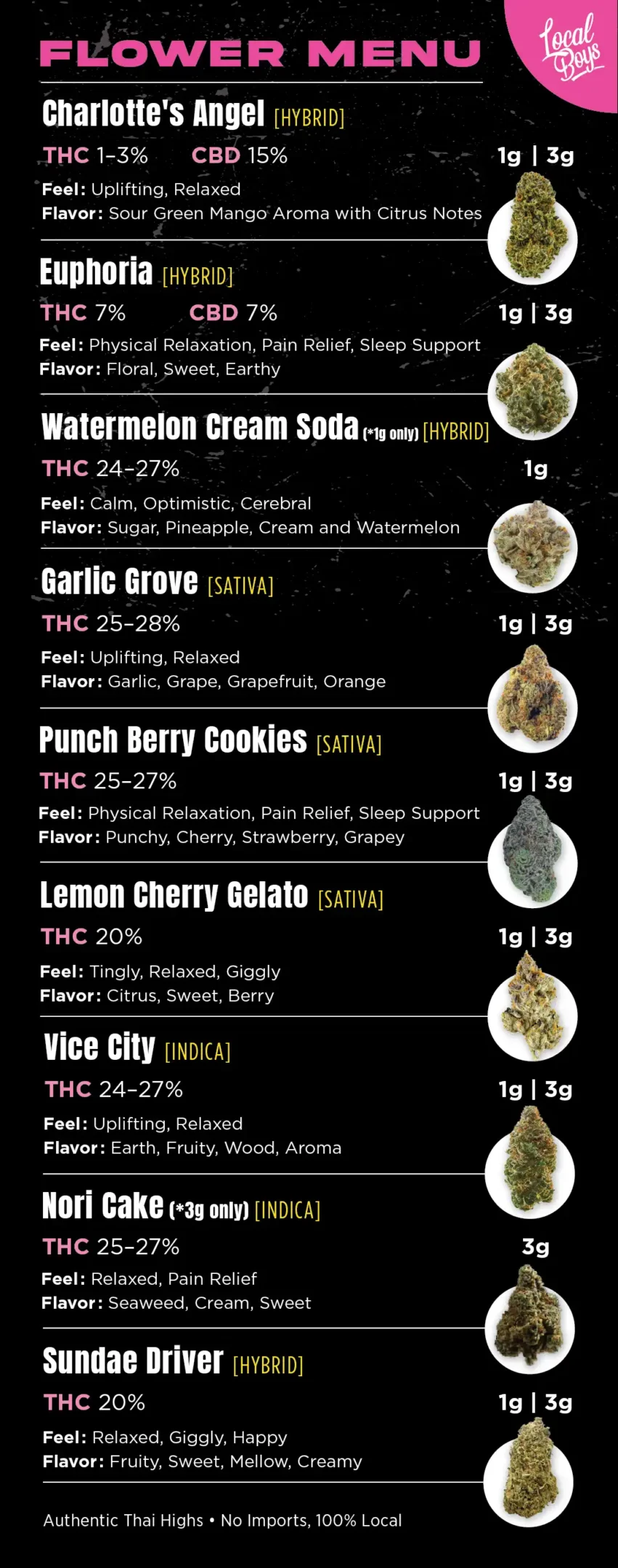

 @bloom.asia
@bloom.asia

